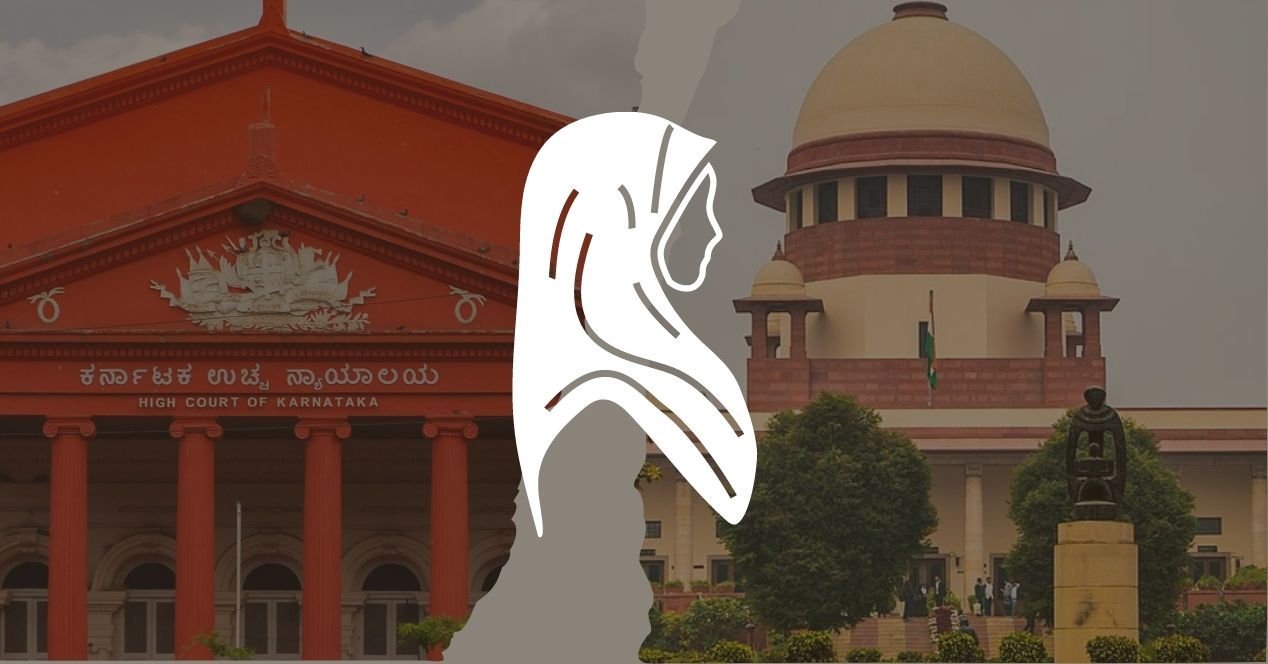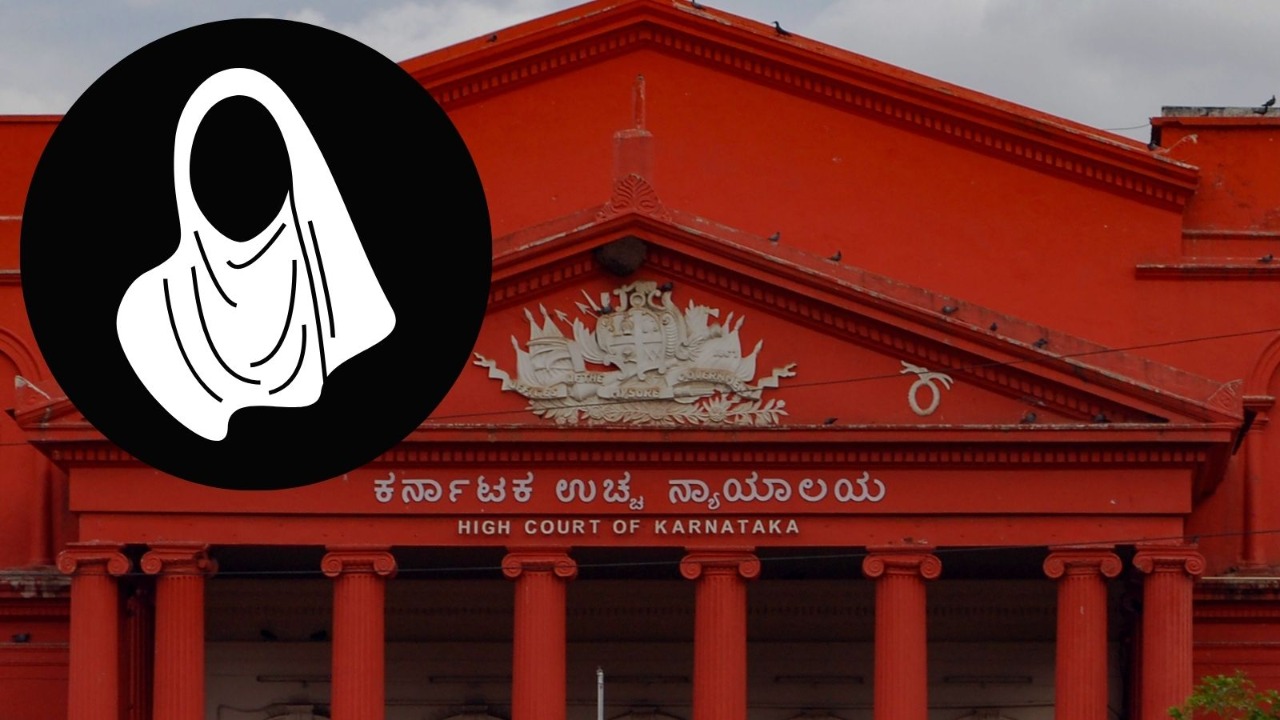Channel
SC Daily Update: Day 2 of Hijab Hearings, Onus Placed on State to Accommodate Religious Practices
Plea for the case to be heard by a larger Bench, as it involves constitutional questions about accommodations for religious practices.
Transcript
Welcome to SCO’s Daily Supreme Court update
At 2:00 this afternoon Court Room 7 was bustling with a swarm of lawyers waiting for the Hijab Ban case to begin. Justices Hemant Gupta & Sudhanshu Dhulia were hearing the second day of arguments in the Challenge to Karnataka’s Hijab Ban in educational institutions.
Senior Advocate Mr. Devadatt Kamat tried to convince the Court that it was crucial that the case be referred to a Constitution Bench. He stressed that this case was not just about whether the Karnataka Government could make laws on uniforms and dress codes. It involved constitutional questions about making reasonable accommodations for religious practices.
Reasonable accommodation means an adjustment or facilitation made to allow a person to fully, effectively exercise their rights. Mr. Kamat argued that the SC has recognised a right to education under Arts 19 and 21 of the Constitution. The state has the responsibility to ensure that they accommodate citizens’ diverse needs and beliefs so they can exercise this right. He argued that the students in Karnataka were only asking to add a headscarf to the uniform-not to cover the uniform with a hijab or similar garment. This was a reasonable accommodation that the State government must allow.
Mr. Kamat took the Court around the world in almost 80 minutes to explain what ‘reasonable accommodation’ means. He cited Judgments from the constitutional courts of South Africa, USA, UK and Canada to explain that reasonable accommodation is crucial to secure the dignity of all citizens. The Bench was impatient through this world tour—Justice Gupta emphasised that India’s diverse cultural and religious context cannot be compared to these countries.
Mr. Kamat was careful not to make an Essential Religious Practices argument. He stated that the government can restrict one’s right to practise religion only on the basis of public order, morality, health or, if it infringed another persons’ fundamental rights. In this case, he argued that the government failed to show how the wearing of Hijab affected public order, health morality or fundamental rights of others.
Mr. Kamat attempted to argue that the constitution guarantees a right to dress as one wishes as well, under Article 19. The Bench objected, with Justice Gupta mockingly saying this was taking the provision too far. What would the petitioner argue next, the right to undress?
Mr. Kamat will continue his arguments tomorrow.
In another interesting update, a 5-Judge Constitution Bench led by Justice DY Chandrachud, called itself a Green Bench and decided to go paperless. Lawyers were directed to file all paper books and documents digitally. This Bench will hear two politically charged cases in October—the tussle between the Union and Delhi governments for control over the capital’s civil servants, and the Maharashtra political crisis.



